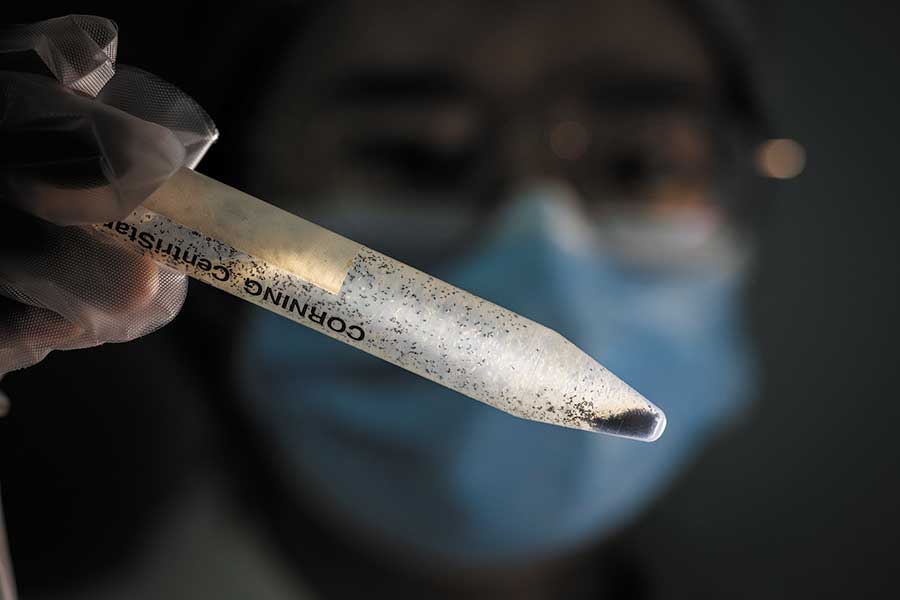Technology promotes control of mosquito-borne diseases


With the help of nuclear technology and genetic technology, Chinese scientific researchers have made progress in the mass eradication of Aedes albopictus, also known as the Asian tiger mosquito, a mosquito native to the tropical and subtropical areas of Southeast Asia and a major vector of Zika and dengue viruses that can cause birth defects and death.
Radiation makes male mosquitoes sterile
The China Atomic Energy Authority founded a research center for sterilizing insects in partnership with Sun Yat-sen University in South China's Guangdong province in 2020.
A "mosquito factory" of SYSU in Dongguan, Guangdong, mass produces sterile male Aedes albopictus that mate with female mosquitoes without producing offspring. Therefore, the transmission of mosquito-borne diseases can be reduced.
Researchers rush mosquito pupae into glass sieve-like equipment to separate slimmer male pupae from females and use irradiation sterilization when the males hatch out.
According to Zhang Dongjing, an associate professor at the center, the team has released nearly 30 million sterilized male mosquitoes in the past three years, showing positive results in controlling the mosquito population and mosquito-borne diseases.
























